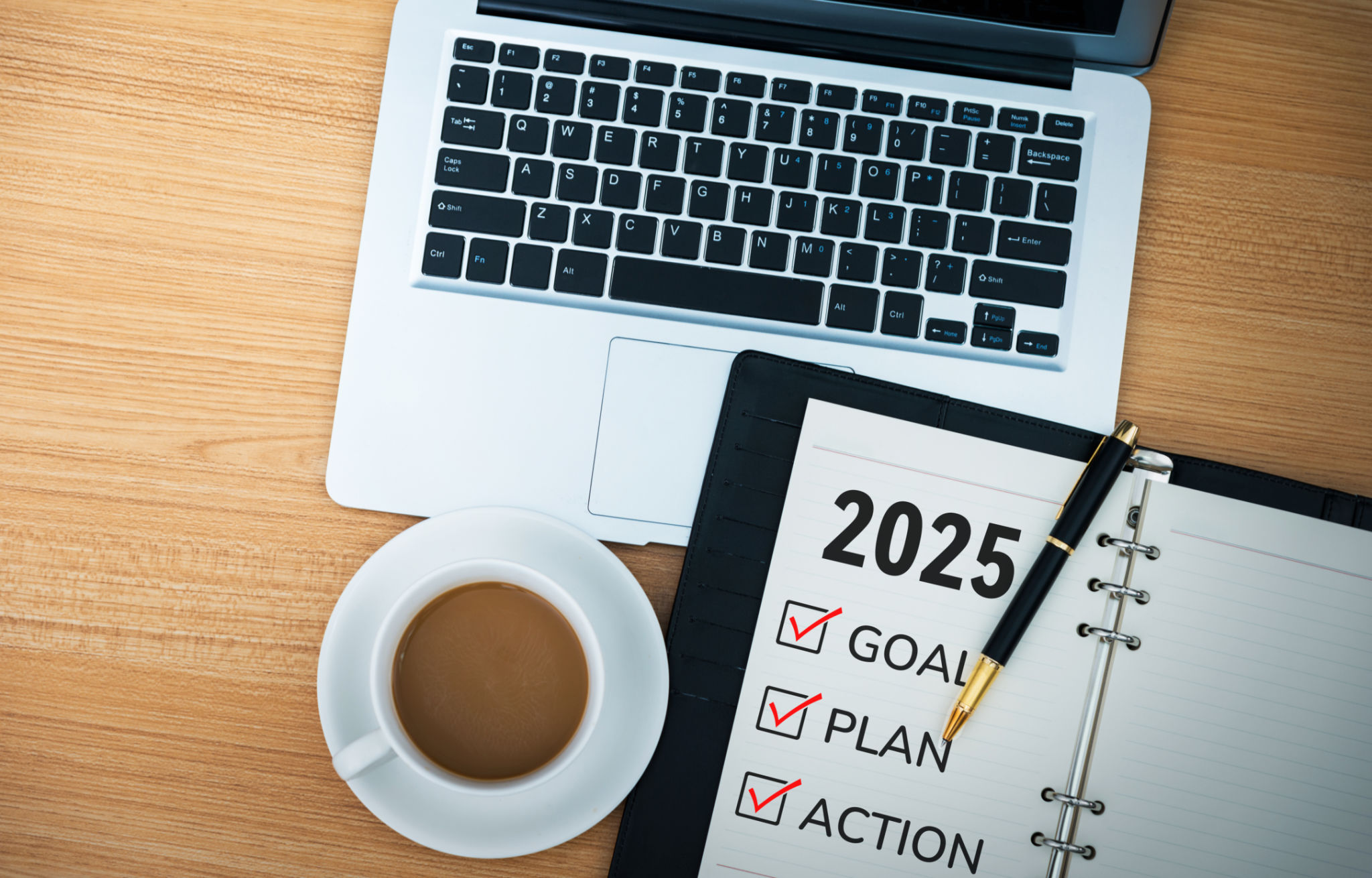DIY Personal Development: Coaching Techniques You Can Try at Home
Introduction to DIY Personal Development
Personal development is a lifelong journey of self-improvement, and while hiring a professional coach can be beneficial, it’s not always feasible for everyone. Fortunately, there are several coaching techniques you can implement yourself at home to foster growth and self-awareness. These methods can help you set and achieve goals, improve your mental well-being, and enhance your overall quality of life.
By incorporating these practices into your daily routine, you can take charge of your personal growth journey without the need for professional intervention. Let’s explore some effective DIY coaching techniques that you can start using today.

Setting SMART Goals
A foundational aspect of personal development is learning how to set and achieve goals. The SMART goal framework is a powerful tool for this purpose. SMART stands for Specific, Measurable, Achievable, Relevant, and Time-bound. By ensuring that your goals meet these criteria, you create a clear roadmap for success.
To apply this technique, start by writing down your goals and assess whether they meet the SMART criteria. This process not only clarifies your objectives but also boosts motivation by breaking down overwhelming tasks into manageable steps.
Example of a SMART Goal
Consider a goal like improving physical fitness. A SMART version of this goal could be: "I will run three times a week for 30 minutes each session for the next three months to improve my cardiovascular health." This goal is specific, measurable, achievable, relevant to personal health, and time-bound.

Practicing Mindfulness and Meditation
Mindfulness and meditation are powerful techniques for enhancing self-awareness and reducing stress. These practices encourage you to focus on the present moment, which can significantly improve emotional regulation and concentration.
To begin, dedicate a few minutes each day to sit quietly and focus on your breath. Notice any thoughts that arise without judgment and gently bring your attention back to your breathing. Over time, this practice can help you develop a deeper understanding of your thought patterns and emotional responses.
The Benefits of Regular Practice
Regular mindfulness practice can lead to numerous benefits, including increased creativity, improved emotional health, and reduced anxiety. Consistency is key—try to incorporate mindfulness exercises into your daily routine to reap the full benefits.

Journaling for Reflection
Journaling is an excellent technique for self-reflection and personal growth. By regularly writing down your thoughts, feelings, and experiences, you gain insight into your inner world and identify areas for improvement.
Begin with a simple prompt such as "What am I grateful for today?" or "What challenges did I face this week?" This practice not only helps clarify your thoughts but also aids in tracking progress over time. Make journaling a habit to maintain a record of your journey.
Using Prompts for Deeper Insights
If you find it difficult to start journaling, consider using prompts or questions to guide your writing. Prompts like "What are my core values?" or "How did I overcome a recent obstacle?" can lead to valuable insights and help you better understand your motivations and desires.

Conclusion
Engaging in DIY personal development techniques can significantly enhance your self-awareness, goal achievement, and emotional well-being. By setting SMART goals, practicing mindfulness, and journaling regularly, you lay the groundwork for continuous growth and improvement.
Remember that personal development is not a destination but rather an ongoing process. Embrace each step of the journey with patience and curiosity, and celebrate the progress you make along the way.